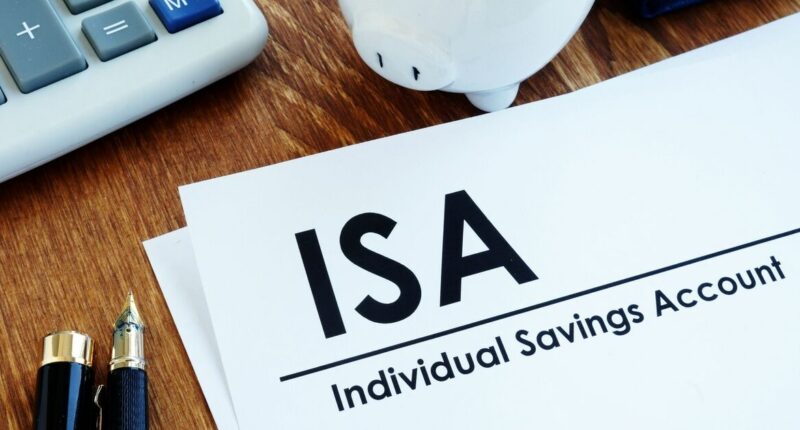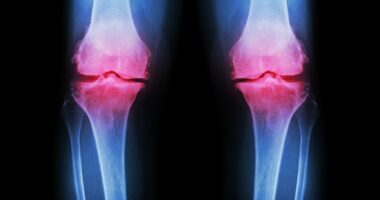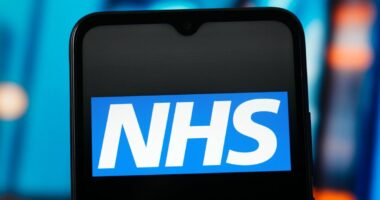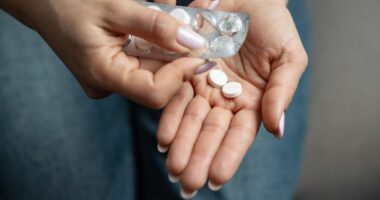Share this @internewscast.com
UK savers are being cautioned about a prevalent “myth” that could potentially cost them thousands of pounds. An industry expert has dispelled misleading information concerning ISAs, which many have misunderstood.
Recent statistics reveal that over half of the British population experiences anxiety about investing their money, largely due to enduring misconceptions. It has been highlighted that choosing a traditional savings account instead of a Stocks and Shares ISA might result in individuals being up to £42,000 worse off over a two-decade span.
Antonia Medlicott, the founder and managing director of Investing Insiders, has reassured that ISAs are not as risky as perceived. She encourages individuals not to shy away from investing due to unfounded fears, as reported by GB News.
She explained, “Fear is the primary deterrent preventing people from utilizing an ISA, given the potential for market-driven declines. However, for long-term investment objectives, short-term losses should not be a significant concern, as markets typically rebound over time.”
In recent years, Stocks and Shares ISAs have surpassed the performance of traditional savings accounts. For instance, an individual starting with £5,000 and making monthly contributions of £50 could see their investment grow to £69,058 over 20 years in a Stocks and Shares ISA, compared to £27,452 in a savings account with a 3.5% return rate.
Ms Medlicott further emphasized, “Many are unaware that keeping money in a savings account with low interest or a non-interest-bearing current account results in a financial loss.”
Savers are also deterred by the misconception that you need a lot of money to open an ISA. However, just £1 is enough to get started.
Ms Medlicott explained: “Don’t let the £20,000 allowance put you off, as this amount doesn’t have to be used. Even placing small amounts of money into an ISA will add up over time.”
















